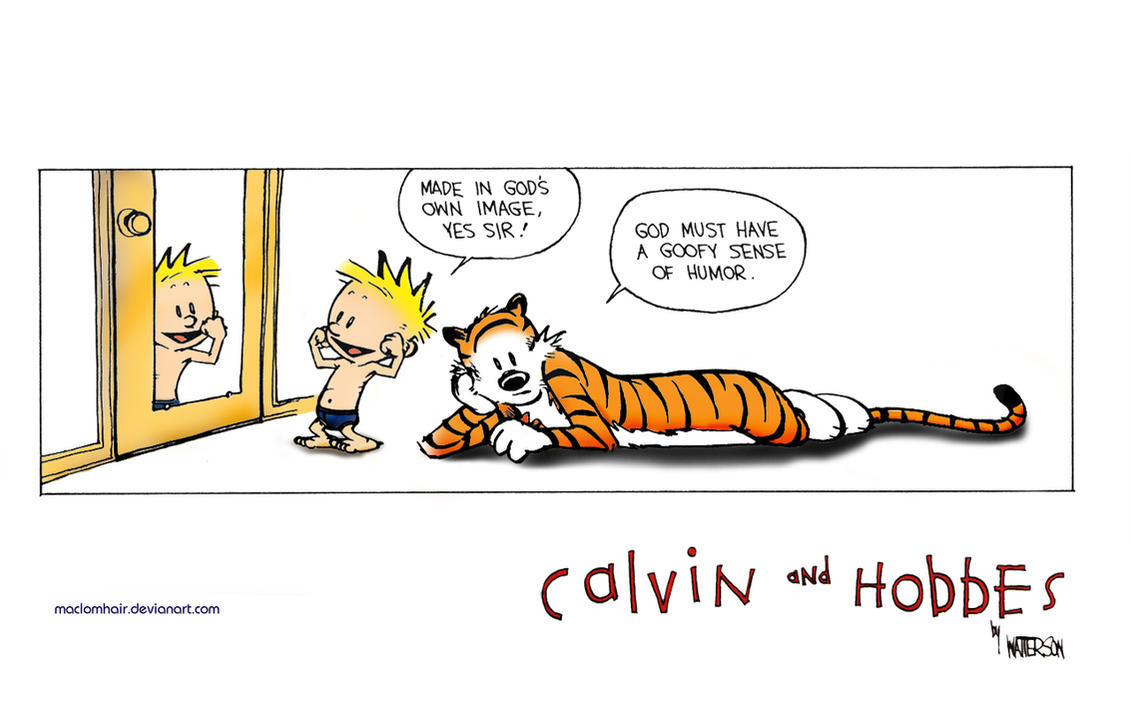What is the most significant verse in the Torah—the one that
best expresses the central principles that undergird all the rest?
Not surprisingly, the Rabbis of the Talmud debated this
question amongt themselves and, of course, arrived at an array of different
answers. Some point to the first line of
Shema, which proclaims God’s oneness.
Others argue for what we often call the “Golden Rule,” from Leviticus
19: “Love your neighbor as yourself.”
But Rabbi Ben Azzai makes the case for a passage from this week’s Torah
portion, Bereishit, which opens the
book of Genesis and thereby marks the beginning of a new year’s Torah cycle:
“God created humanity in God’s own image. . . male and female, God created them.”
Why is this verse so important? As numerous commentators note, it is the
foundation of all of Torah’s rules governing human interactions, individual and
collective. Only when we come to see our
neighbors—and even more pressingly, our enemies—as sacred and inviolable divine
creations will we treat them with the love and respect that the rest of the
Torah legislates.
Today, in a world that is torn apart at the seams by war,
poverty, terror, and injustice, it is hard to even imagine what life would look
like if everyone treated one another as if they were created in God’s
image. But God asks us to do just
this—imagine, and act, we must! We
cannot even hope to repair our battered world unless we maintain a clear and
vigorous vision of what it might yet become.
And this challenge begins at home, with each of us. This week, make a special effort to remind
yourself that someone you don’t particularly like is, indeed, created in the
divine image. Re-envision your
relationship with that person accordingly—and then consider how this changes
your interactions. When we recognize the
holiness in others, we become holier ourselves.

No comments:
Post a Comment